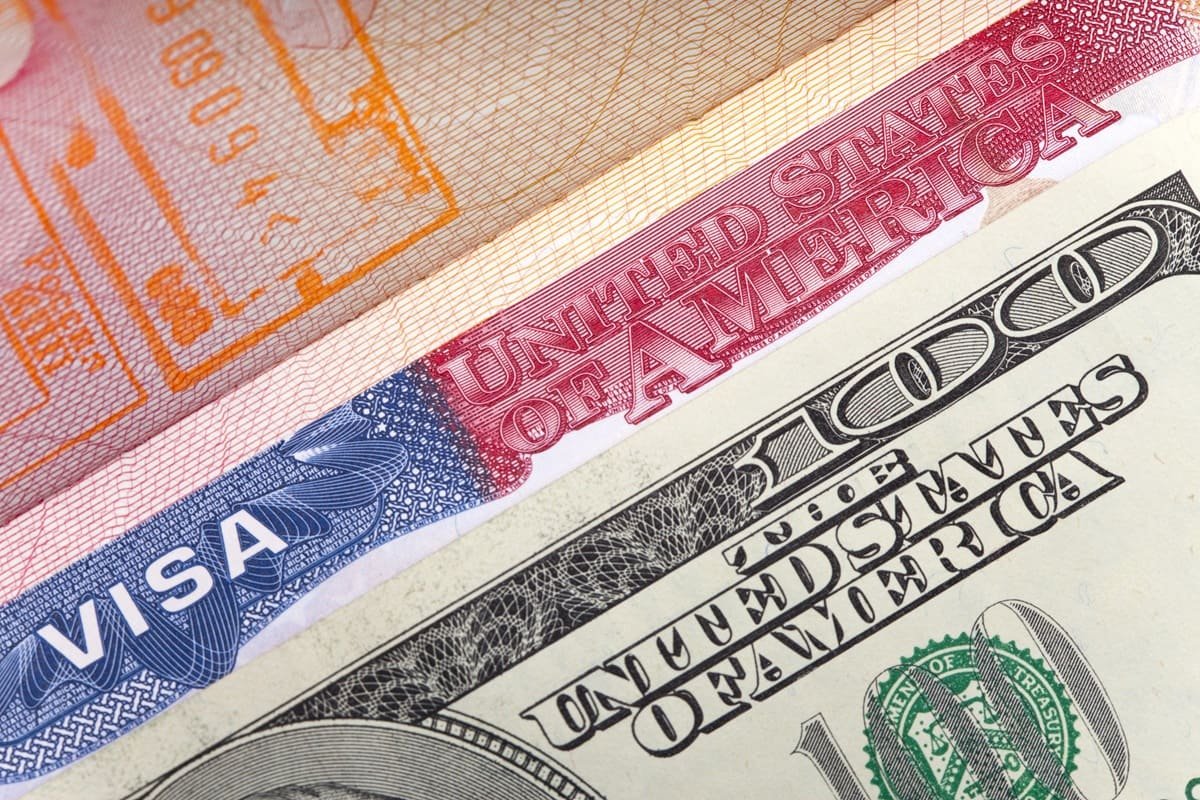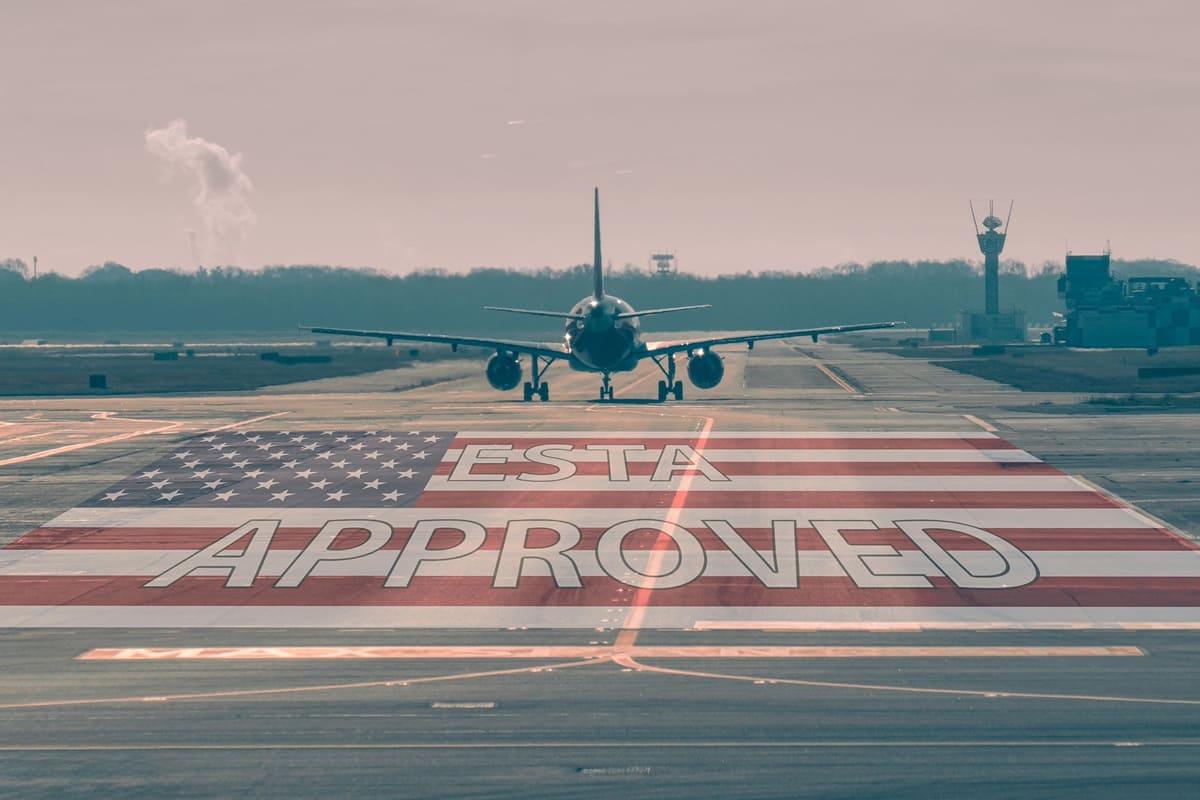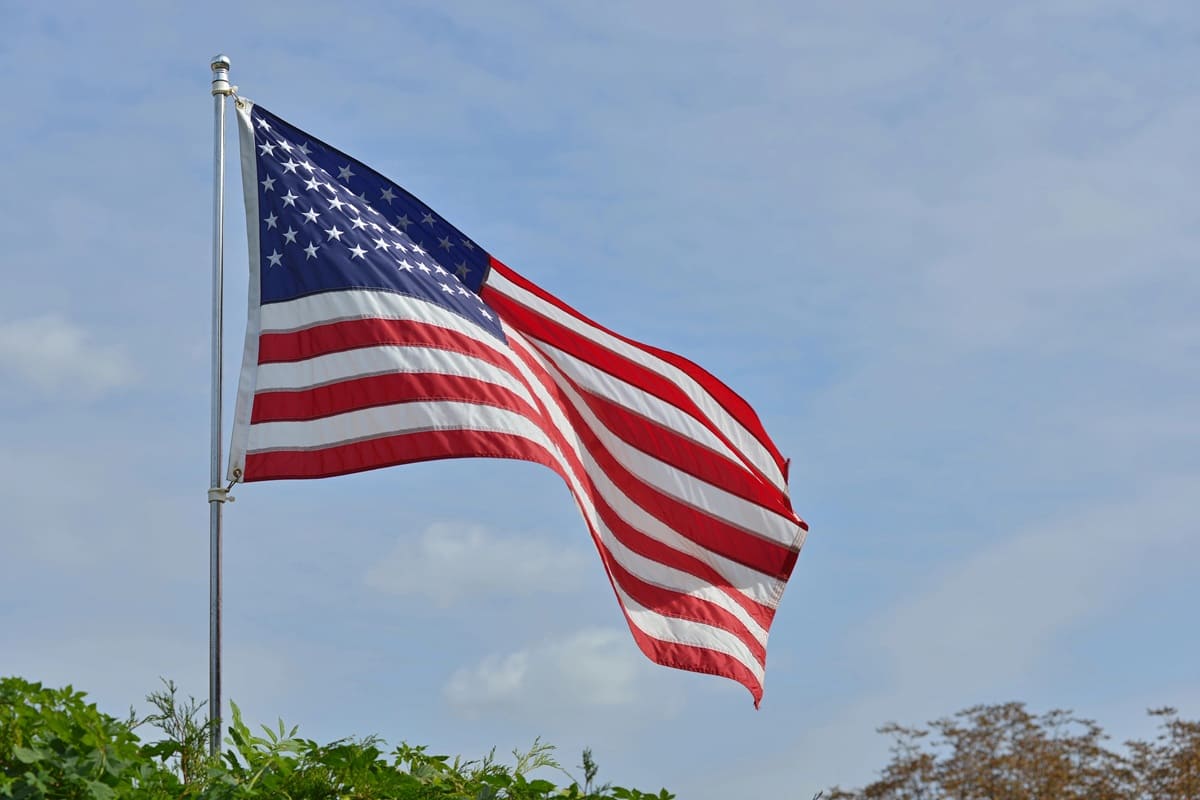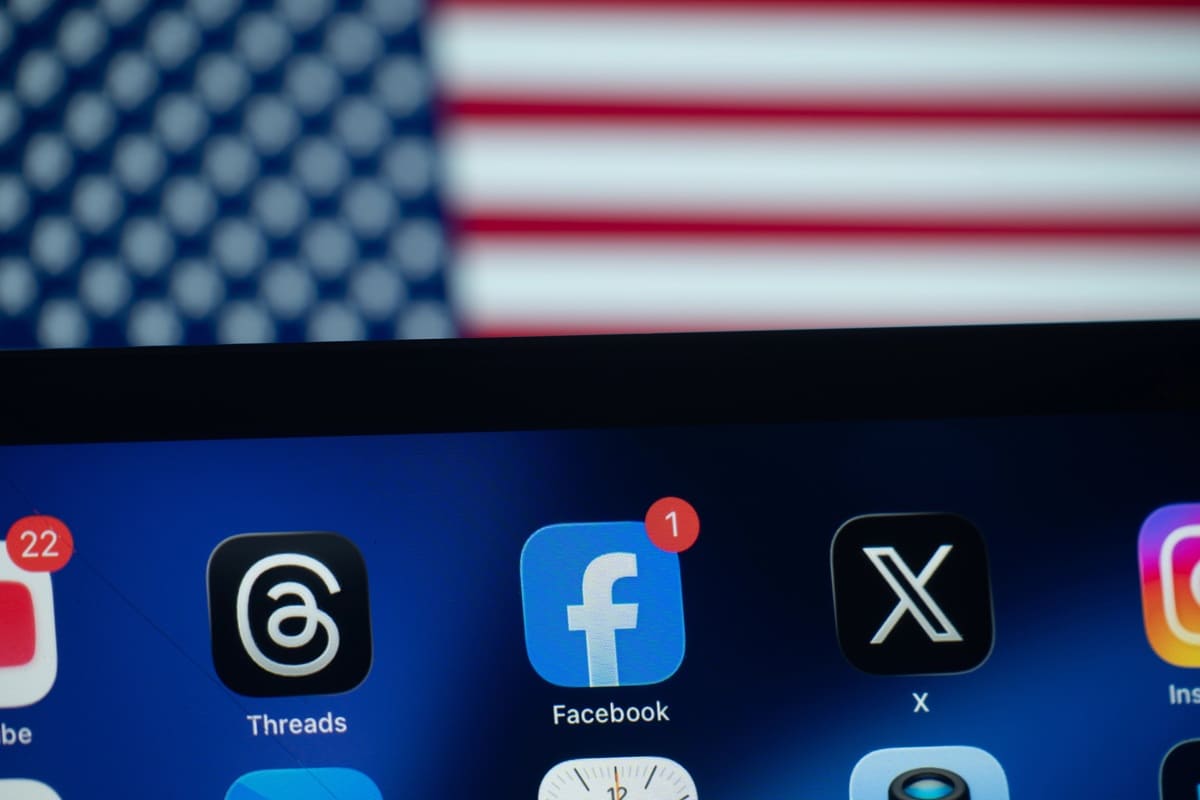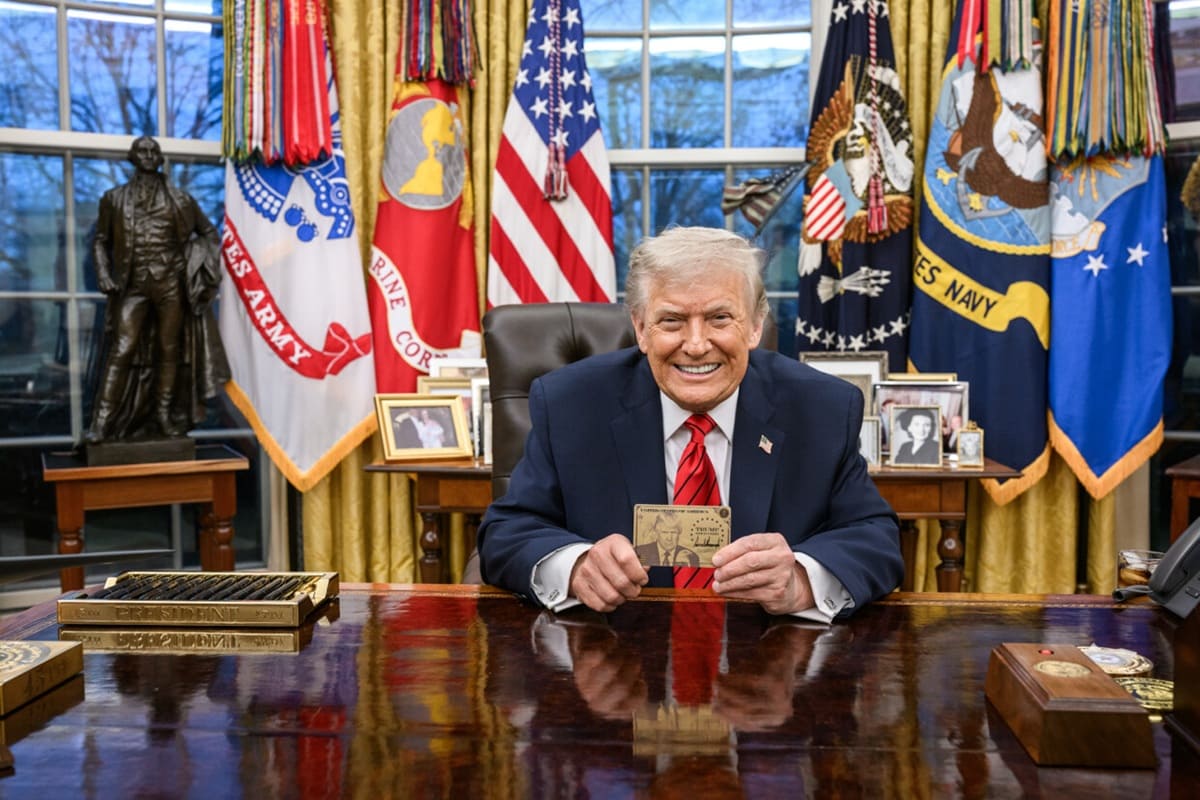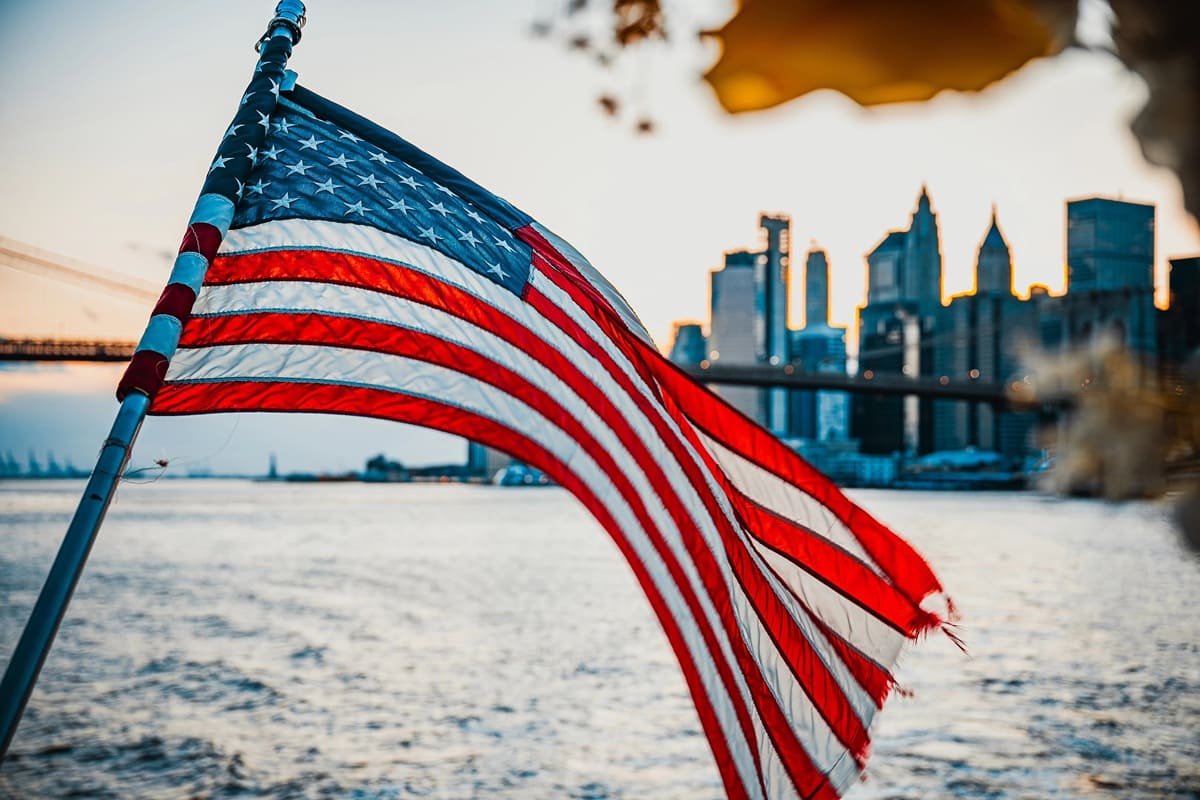In the wake of Donald Trump’s return to the presidency, U.S. immigration policy is once again undergoing significant changes. One such development is the reintroduction of a travel ban affecting 12 countries. But another proposal is drawing particular attention.
According to an internal memo reviewed by Reuters, the Trump administration is exploring a plan to offer a $1,000 fast-track option for scheduling short-term visa interviews, specifically the B1/B2 visas, which cover business and tourism travel to the United States.
The stated goal is to provide priority access to available interview slots at U.S. embassies, cutting down the long wait times that can stretch for months.
The pilot program could launch as early as December 2025, according to the memo.
U.S. visa: record wait times justify a premium option
The proposed program would not replace the standard visa process but would add an expedited option for applicants who can afford to pay for faster service. In essence, it would act as a “skip-the-line” feature geared toward travelers with more financial means.
The $1,000 fee would come on top of the current $185 application fee for B1/B2 visas, bringing the total cost of an expedited visa to $1,185 if the proposal moves forward.
As of late May, data from the U.S. State Department shows that wait times for B1/B2 visa appointments vary significantly by country, in some cases exceeding 300 days. With the 2026 FIFA World Cup, hosted jointly by the U.S., Canada, and Mexico, on the horizon, tourist visa availability has become a pressing issue for thousands of international fans planning to attend.
In this context, a fast-track service, while expensive, could be seen as a practical response to widespread delays across many U.S. embassies around the world.
A legally uncertain and economically risky proposal
While the proposal is generating buzz due to its unprecedented nature, its legal footing is uncertain.
According to the internal memo, attorneys within the State Department have flagged a “high risk” that the plan could be rejected, either by the White House budget office or by federal courts. The core issue: the $1,000 fee would exceed the actual cost of providing the service, potentially violating long-standing Supreme Court rulings that prohibit federal agencies from profiting off regulated public services.
Politically, the department is staying quiet. Reuters reports that officials have declined to comment on the memo, merely stating that visa operations remain “dynamic” and subject to ongoing review.
Beyond legal and political hurdles, the proposal could also harm the United States’ appeal as a tourist destination. According to the World Travel and Tourism Council, international visitor spending is already projected to drop by 7% this year, due to a mix of stricter immigration policies and a strong U.S. dollar. Introducing additional fees could further discourage potential travelers, driving them toward destinations perceived as more affordable and administratively accessible.
